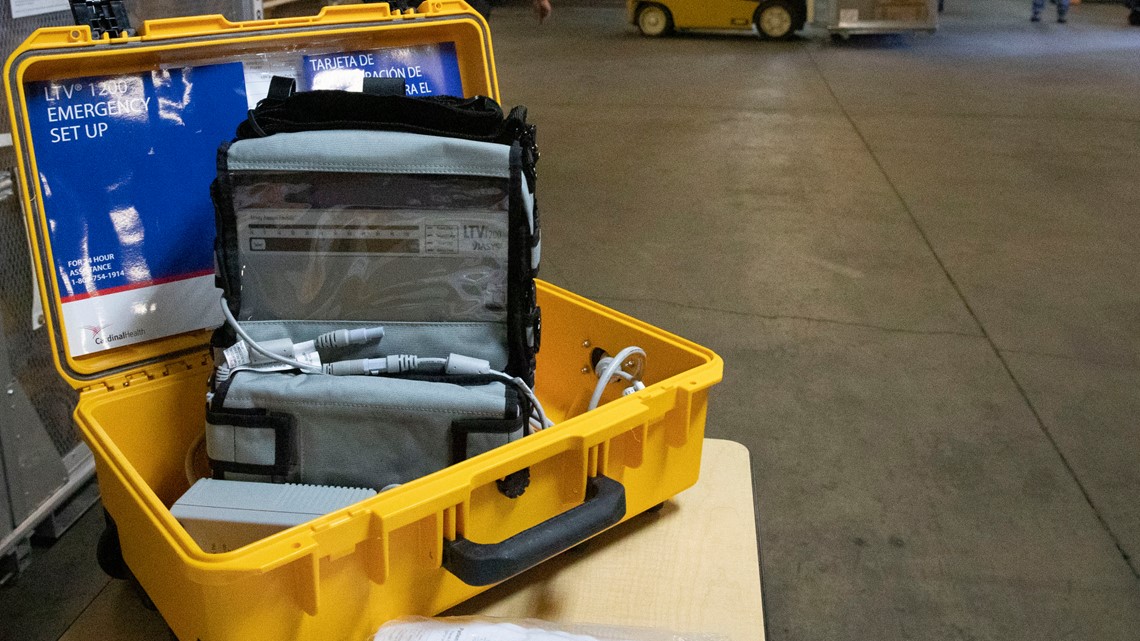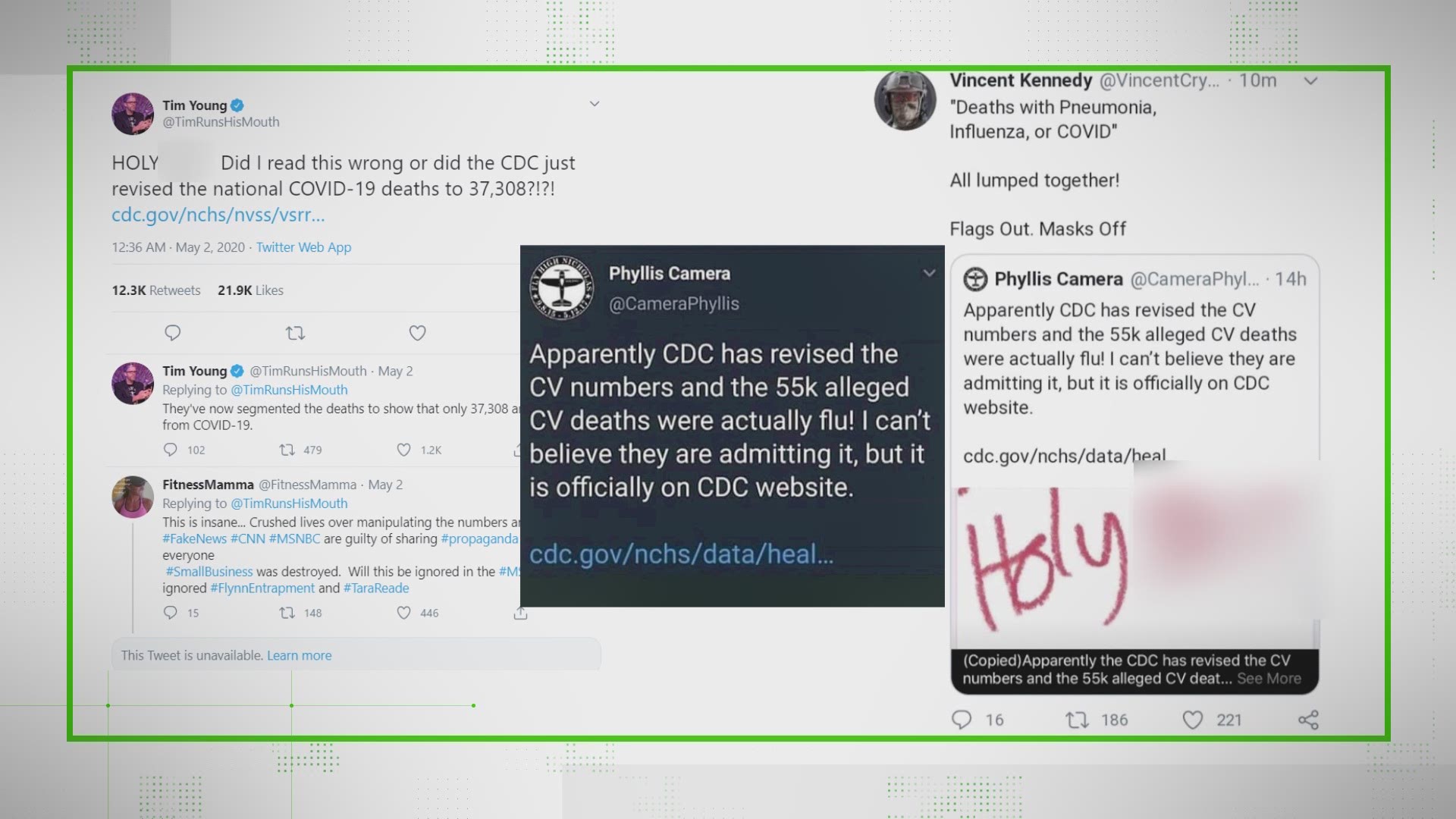Several online posts claimed that patients who use a ventilator have a greater chance of getting amnesia.
With thousands of ventilators being used to treat patients during the COVID-19 pandemic, VERIFY looked into whether these claims were true.
THE QUESTION
Are you at greater risk of getting amnesia after being on a ventilator?
THE ANSWER
There isn't definitive proof of this happening, but scientific studies have shown a link between ventilator use and amnesia.
What most online claims leave out is that the ventilator itself is usually not what caused memory loss. It's typically due to anesthesia use.
WHAT WE FOUND
A study published in 2000 by the National Library of Medicine explains that patients who need to be treated in intensive care units, like for a severe case of COVID-19, have to be put under anesthesia to undergo procedures such as mechanical ventilation.
RELATED: VERIFY: What is remdesivir?
According to the study, “Treatment administered to patients in ICU can have effects on memory. Opiates, benzodiazepines, sedative drugs such as propofol, adrenaline, and corticosteroids can all influence memory.”
Later in 2013, another article by the New England Journal of Medicine further explained that patients in medical and surgical ICUs are at high-risk for long term cognitive impairment, with symptoms that can range from short-term memory loss and delirium to profound amnesia.


A representative from the Centers for Disease Control and Prevention told us that even when they have received reports of patients manifesting changes in behavior and cognition after being under anesthesia, they don’t have specific data related to amnesia following mechanical ventilation for coronavirus.
The CDC official also shared the risk factors of this occurrence, which are preexisting cognitive impairment in elderly patients and decreased cognitive reserve. Meaning, older patients or people with these underlying conditions are more subject to neurological consequences of being under anesthesia.
Something you’d like VERIFIED? Click here to submit your story.

